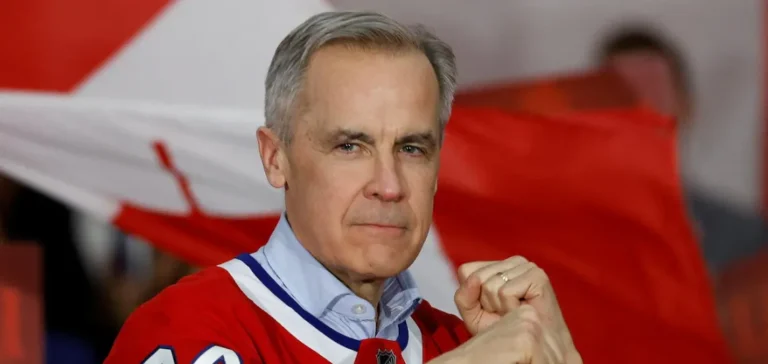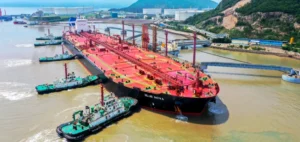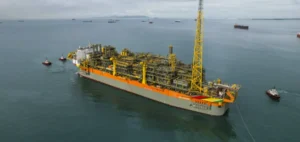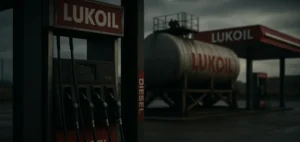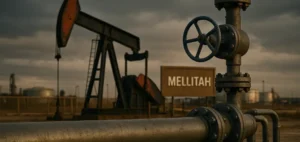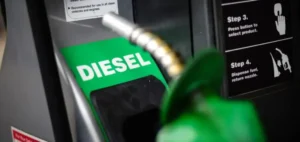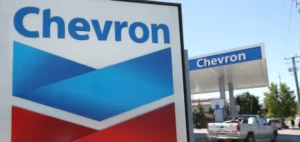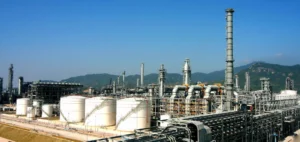Canada has announced it will lower the price cap on Russian crude oil in coordination with its allies in the Group of Seven (G7) and the European Union (EU). The new limit, set at $47.60 per barrel, will replace the static $60 cap introduced in December 2022. This measure will take effect on September 3 and is part of the EU’s 18th package of sanctions against Moscow.
A coordinated measure among allies
Canadian Minister of Innovation, Science and Industry François-Philippe Champagne stated that the decision aims to reduce Russia’s energy revenues. The mechanism prohibits G7 and EU companies from providing services such as insurance or maritime transport for Russian oil shipments sold above the set cap.
The United Kingdom had already announced its support for this new mechanism, following Brussels’ position. Oil and gas revenues account for about one-third of Russia’s federal budget, representing a major source of funding for the war effort.
Increased pressure but differences over the threshold
Ukrainian President Volodymyr Zelensky has urged his partners to lower the cap further, proposing a maximum price of $30 per barrel. According to him, a lower threshold would force Moscow to enter discussions aimed at a ceasefire.
Despite this call, allied countries have agreed on an amount deemed compatible with the goal of limiting Russian revenues without triggering a supply shock in the global oil market. This decision marks another step in the strategy of coordinated sanctions against Russia.


